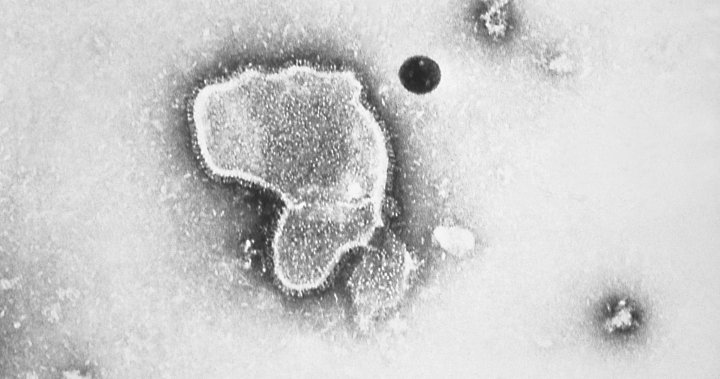
Vaccinating pregnant women with new RSV vaccine helped protect newborns: Pfizer
Global News
Pfizer's maternal vaccine is the same recipe it tested successfully in older adults and it plans to seek Food and Drug Administration approval for those vaccinations by year's end.
New research shows vaccinating pregnant women helped protect their newborns from the common but scary respiratory virus called RSV that fills hospitals with wheezing babies each fall.
The preliminary results buoy hope that after decades of failure and frustration, vaccines against RSV may finally be getting close.
Pfizer announced Tuesday that a large international study found vaccinating moms-to-be was nearly 82 per cent effective at preventing severe cases of RSV in their babies’ most vulnerable first 90 days of life. At age six months, the vaccine still was proving 69 per cent effective against serious illness – and there were no signs of safety problems in mothers or babies.
“Moms are always giving their antibodies to their baby,” said virologist Kena Swanson, Pfizer’s vice president of viral vaccines. “The vaccine just puts them in that much better position” to form and pass on RSV-fighting antibodies.
The vaccine quest isn’t just to protect infants. RSV is dangerous for older adults, too, and both Pfizer and rival GSK recently announced that their competing shots also proved protective for seniors.
None of the findings will help this year when an early RSV surge already is crowding children’s hospitals. But they raise the prospect that one or more vaccines might become available before next fall’s RSV season.
“My fingers are crossed,” said Dr. William Schaffner, an infectious disease specialist at Vanderbilt University. “We’re making inroads.”
Tuesday’s data was reported in a press release and hasn’t been vetted by independent experts.











